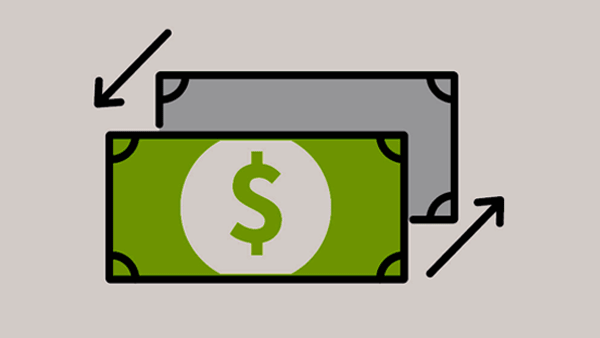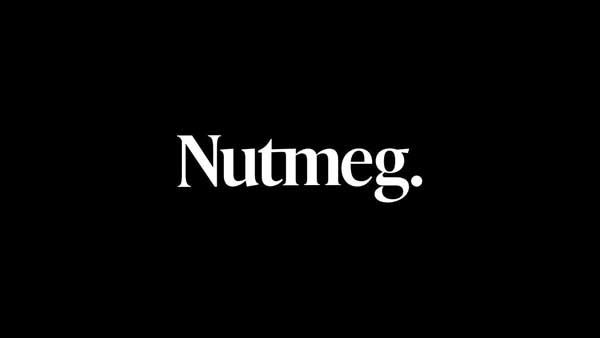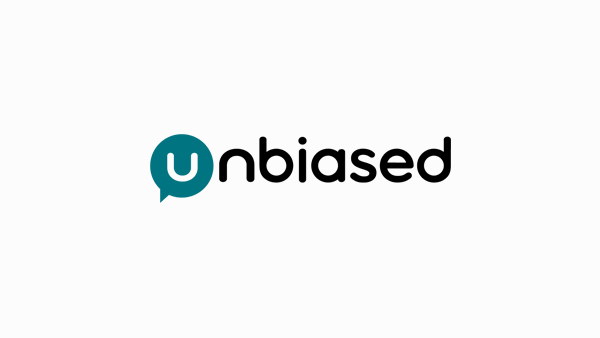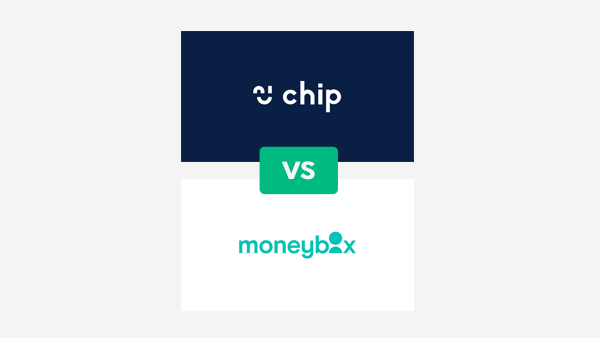In Brief:
- ISAs help you save or invest tax efficiently
- All UK residents get an allowance of £20,000 per year (2023/2024 tax year) on cash and stocks & shares ISAs, which can be spread across multiple accounts
- There are a range of different ISAs, that allow you to save, invest, prepare for a child’s future, or save up to buy a property
- Many different financial institutions have ISA offers
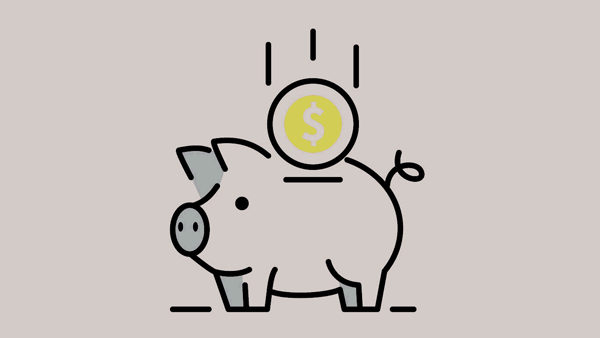
Table of Contents
What Is An ISA?
An Individual Savings Account, or ISA, is a type of saving or investment account that allows people to save or invest tax efficiently.
ISAs were introduced by the UK government in 1999 to encourage people to save, by giving everyone a tax free allowance each year, which can be used within an ISA account.
Tax-efficient ‘wrapper’
ISAs are sometimes referred to as a wrapper. If you have your savings or investments within an ISA wrapper, it ‘wraps’ around your capital, protecting it from having to pay tax on the interest or returns on investments that are accrued.
What types of ISA are available?
- Cash ISA
The cash ISA is the simplest. You simply put the money into an ISA that pays interest like a savings account, and then you earn interest on the capital that is tax free. You will need to decide, like with any other savings account, the type of savings you prefer. This will generally be a fixed rate account, where you will usually have to lock your money up for a length of time (for example 1, 3 or 5 years), or a variable rate, where your money is more accessible, but the rate will likely be lower.
- Stocks & Shares ISA
A stocks and shares ISA is an investment ISA, where you can put your money into stocks, shares, bonds and funds. ISAs often invest in Exchange Traded Funds – ETFs – which are collections of assets collected together.
As a long term strategy i.e. over several years or even decades, it is good to look at a stocks and shares ISA, as generally the market will bring better returns than a savings account.
- Junior ISA
A Junior ISA lets you save for your child’s future. You can start a Junior ISA for someone under 18, and then put in up to £9,000 per year. The money can go into a cash or a stocks and shares ISA.
- Lifetime ISA
A lifetime ISA is available to those between 18 and 40 years old, and is to help people save for either buying their first home or for retirement. The annual allowance is £4,000 per year, and the government will contribute 25% to the amount you put in. So, if you put in the full £4,000, then the government will add a further £1,000. This can continue until you are 50 years old. The funds can only be taken out to either fund a house purchase or for retirement. Taking the funds out for any other reason would incur a 25% fee.
Lifetime ISAs can be run via a cash ISA or a stocks and shares ISA.
- Innovative Finance ISA
An innovative finance ISA features peer-to peer loans instead of a savings account (like a cash ISA), or stocks, shares and funds (like an investment ISA). These ISAs can have higher rates of return than other ISAs, but can also carry more risk.
Who can open an ISA?
ISAs can only be opened by residents of the UK. Each of the different types of ISA have different rules on how they work:
Cash ISA:
- The applicant must be over 16 years old.
Stocks & Shares ISA:
- The applicant must be over 18 years old.
Lifetime ISA:
- The applicant must be between 18 and 40 years old.
- No more contributions can be made after the age of 50.
Innovative Finance ISA:
- The applicant must be over 18 years old.
Junior ISA:
- The child the ISA is for must be under 18.
- They can take control of the ISA at age 16, and start withdrawing at 18.
How to choose an ISA provider?
The provider you choose really depends on the type of ISA you wish to hold your money in. If you wish to have a cash ISA, then you need to look at savings providers, and the main consideration would be the interest rate that you get on your capital.
If you wish to have a stocks and shares ISA, then there are more things to consider. Nearly all investment platforms offer a stocks and shares ISA, so when choosing you need to decide what sort of investment style you prefer. Active, where you make the investment decisions yourself, or passive, where the investment is done for you and placed in ready-made funds. As with any investment based topic, this can get quite complex, with all of the different options, so we have prepared a separate article to help, which you can see here.
How much money can you pay into an ISA?
Every year, the government sets an allowance for the amount that any individual can pay into an ISA. In the 2023/2024 tax year, this allowance is £20,000 for all of the ISAs except for the Junior ISA, which has an allowance of £9,000 in 2023/2024, and the lifetime ISA, which has an allowance of £4,000.
This means that you can add £20,000 into your ISA or ISAs during the tax year, and any return on that money, either in the form of interest in a savings account, or dividends, rise in value or other returns on investments, will not incur tax. Over time this can really add up.
It is even possible to have different types of ISA at the same time, for example, a cash ISA that incurs interest, and a stocks and shares ISA with investments. The ISA allowance is overall and not per ISA, so you must not exceed the total across all of your ISAs. For example, you could put £15,000 into a cash ISA, and then £5,000 into an investment ISA, making a total of £20,000.
Are ISAs safe?
Overall ISAs are very safe. ISA providers are covered by the Financial Services Compensation Scheme (FSCS), up to £85,000 per customer, so that that amount is covered in the event of the company becoming insolvent. If you have over that amount, you can open ISAs with multiple providers so that you do not have more than £85,000 with any one provider.
With stocks and shares ISAs, bear in mind that with any investment there is a risk that you may lose money. However, in the long term, investing in the markets will often bring a better return than a savings account.
Is it worth getting an ISA?
It makes sense for any UK resident to take advantage of their ISA allowance, as if it is possible to save tax on the interest or returns on your investments, then why would you not take advantage of that! However, bear in mind that UK taxpayers also get a tax allowance on interest on savings and on dividends, separate to an ISA.
For interest payments, if you are a basic rate taxpayer, you can earn up to £1000 in interest tax free per year. If you are a higher rate tax payer, this is £500. For dividends from investments, there is a tax free allowance of £1000 per year.
Therefore – is an ISA worthwhile given there are already tax free allowances? The answer is yes, it is definitely worthwhile to use an ISA. If the ISA was just for one year, then it is possible that it may be better to just use the annual allowances. However, with ISAs, you can put in money year on year, and any interest or return on investment is tax free on the entire amount.
What is an ISA? – FAQ:
How many ISAs can you have?
You cannot open more than one of the same type of ISA in one tax year. For example, if you open one cash ISA, you will not be able to open another one until the next tax year. However, you can open different types of ISA at the same time i.e. have a cash ISA, a stocks and shares ISA, a lifetime ISA and an innovative finance ISA at the same time. The allowance does not increase however, so you would need to divide your £20,000 allowance between your different ISAs.
Can you withdraw money from an ISA?
Yes, you can withdraw money from an ISA, however bear in mind that there may be penalties for taking funds out early, for example withdrawing funds from a fixed rate cash ISA.
What happens to my ISA if I move abroad?
ISAs are only available to UK residents. Once you move abroad and are no longer a UK resident, you cannot put any money in after the year that you move, and you cannot open a new ISA. However, you can keep your old ISA, and continue to get UK tax relief on the earnings (although you will need to check the tax regulations in your new country of residence as tax may be due there).


